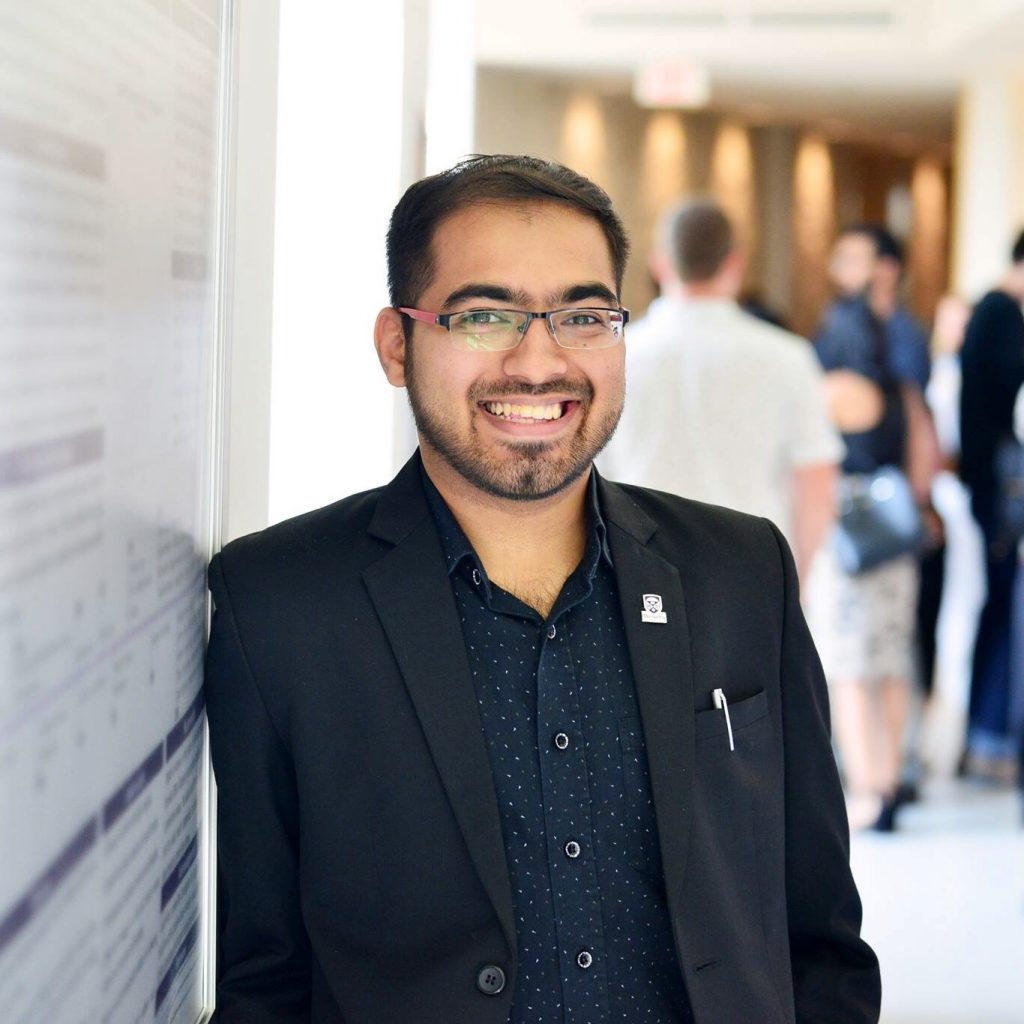Next Einstein Forum: Tell us about yourself and why you chose your current area of work and research?
It is after seeing my father and other people in Tanzania suffering from the effects of diabetes that I decided to pursue a career in health. I was always interested in science, biology in particular. I found it fascinating and it was a subject that I did well in at school. Hence, science was a natural fit for me. However, it wasn’t until I became exposed to the situation of the vulnerable and poor in Tanzania that I realized I can make a difference by empowering the public to take care of their own health and advocate for a better healthcare system.
How are you contributing to the continental response of COVID-19?
I am a public health researcher studying and addressing COVID-19 misinformation. My contribution to the COVID-19 response is through disseminating accurate information and debunking inaccurate claims. Health misinformation is dangerous. It undermines health recommendations, and leads to poor health outcomes and death. In addition, health misinformation spreads quickly among peers and social circles making it difficult to control. By debunking rumors and myths, we are ensuring people do not engage in behaviors that would not only increase their risk of being infected with COVID-19 but also endanger others. Combatting misinformation saves lives.
As mentioned, you work with a team of researchers mapping the spread of COVID-19 misinformation. What lessons have you learned from your research so far?
There are a number of things we have noticed. First, health misinformation was always present even before COVID-19. You’ve always had rumors about cannabis as a cancer cure, 5G being dangerous for health, immune boosting products with false claims, anti-vaccination sentiments, etc. However, because the research for covid-19 is still evolving and it is a global phenomenon, conspiracy theorists have managed to stick their conspiracies to Covid-19. For example, those who used to say 5G is dangerous for health now say that Covid-19 spreads through 5G, which is of course false and impossible. Similarly, those who used to sell immune boosting pills now say that it will help your immune system fight the Covid-19 virus which is again false. The other thing we have noticed is that because social media has connected the world, a conspiracy theory that starts from one part of the world spreads rapidly in other countries through WhatsApp messages and shares on social media.
What about the role of messages based on pseudo-science theories?
Indeed, we’ve also seen that phenomenon. Someone takes a scientific statement or theory and mutates it to fit their narrative. For example, we know that an autoclave is used to sterilize equipment in healthcare facilities. A conspiracy theorist would take that concept and claim that similarly, steam inhalation would help kill COVID-19 in the lungs, which is false. Another example is regarding bleach. Undiluted bleach is used to sterilize surfaces. A conspiracy theorist would take that concept and claim that injecting yourself with bleach will kill the virus – which is false and lethal. It becomes difficult for a lay person to distinguish misinformation that is taken from pseudo-science or misinformation that is mixed with accurate information. We have to be more vigilant when addressing such kind of misinformation.
Who are the most vulnerable to that phenomenon and why? Is the use of local languages a key element that would help reducing the inequality access to information on the continent?
People who are less literate are more vulnerable to misinformation because they find it difficult to appraise the evidence and differentiate accurate information from inaccurate ones. Similarly, if a person believes in one conspiracy theory, the chances for them to believe in another conspiracy is higher than a person who doesn’t believe in any conspiracy. In addition, some people have a general mistrust for the World Health Organization or authorities, it is easier for them to believe that Covid-19 is a hoax or planned catastrophe. Regarding the use of local languages, it is indeed a tool that contributes to publicize accurate information and it is very effective. In public health, we say the goal is to make the healthy choice, the easy choice. This applies to disseminating information as well. If you can create easy-to-understand, engaging, easily-shareable content – you’ve won the information war. Therefore, tailoring the public health message to communities is essential whether it is by using the local language or local context. The ministry of health in Tanzania has done a good job of this by creating content in Swahili and sharing it on social media.
How do you prevent the spread of disinformation? What would be your recommendations, particularly in the African context?
It is the responsibility of health professionals and public agencies to address the spread of misinformation. Here are some things that would help prevent the spread of disinformation:
- Create policies and legislation that punish those who financially benefit from creating and spreading disinformation. This includes having more vigilant surveillance and enforcement apparatus when it comes to false or exaggerated claims made by those selling medications and supplements online.
- Flooding social media with accurate and highly engaging health information. This can be at an individual level where health professionals share accurate and context-specific data or at a public level where the ministry of health invests in health promotion using the local language.
- Debunking inaccurate claims. It isn’t easy calling out inaccurate information especially if the people disseminating it are in power or highly influential. Despite this, health professionals and NGOs can strategically debunk inaccurate claims by specifically discussing the flaws of various myths and elaborating on the inaccuracies.
- Improve health and media literacy by educating university students on how to appraise scientific literature or news. In addition, empowering the public to differentiate between accurate and inaccurate data by sharing tips on checking the source of information and creating a culture of only sharing data that is accurate is vital.

